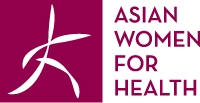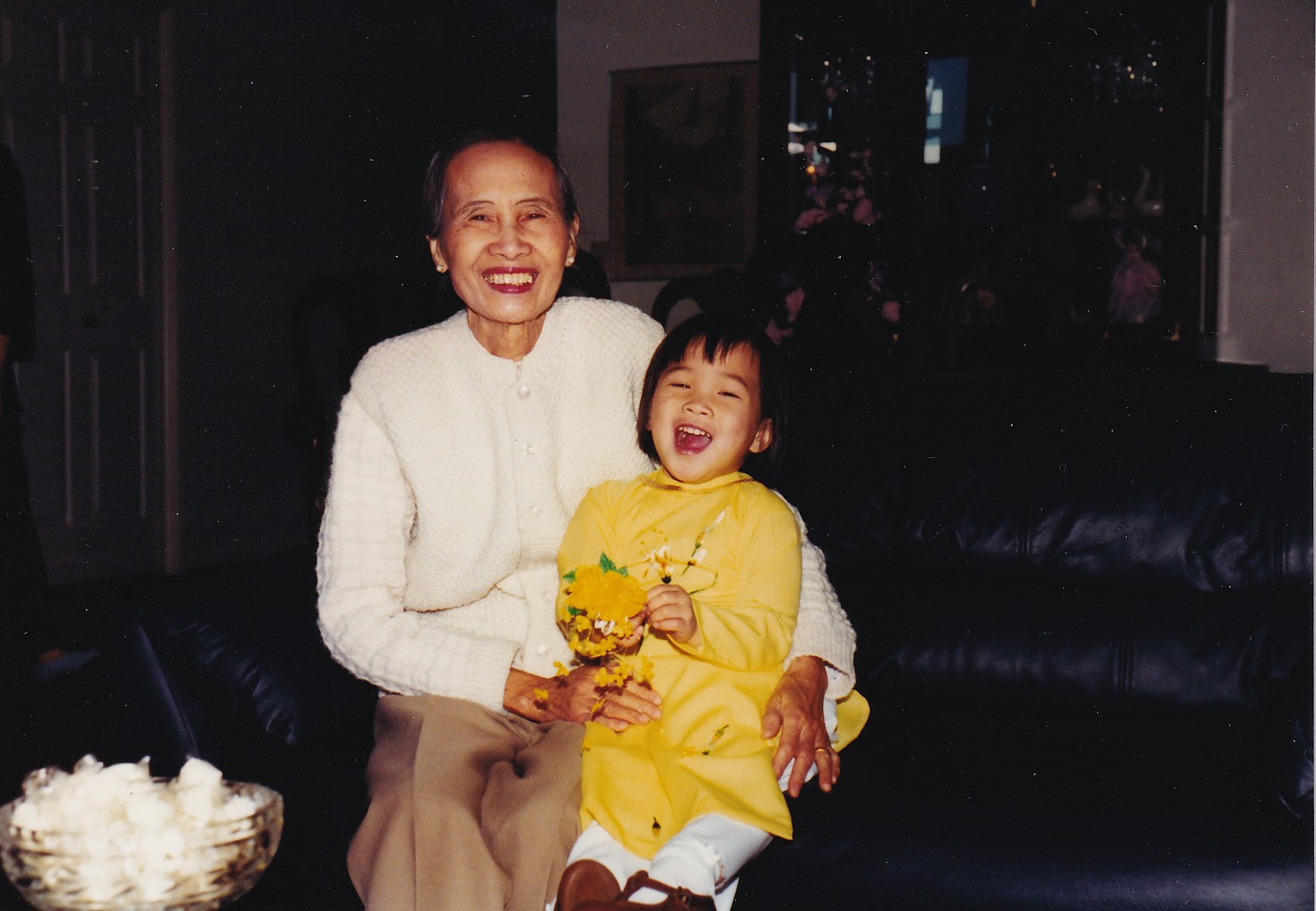Delivering Lasting Impact
Resources + Support
We provide resources and support for Pan-Asian communities in Boston and MA.
Training
We train underemployed and underrepresented community members as Community Health Workers.
Access
We improve access to culturally and linguistically relevant care.
Education
We provide culturally tailored education to support health equity.
Research
We increase ethical participation in medical research.
Representation
We improve representation in research and advocate for diversity and precision healthcare.



